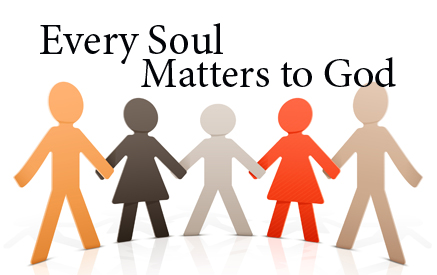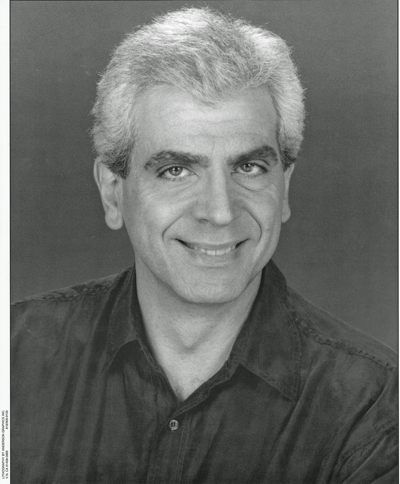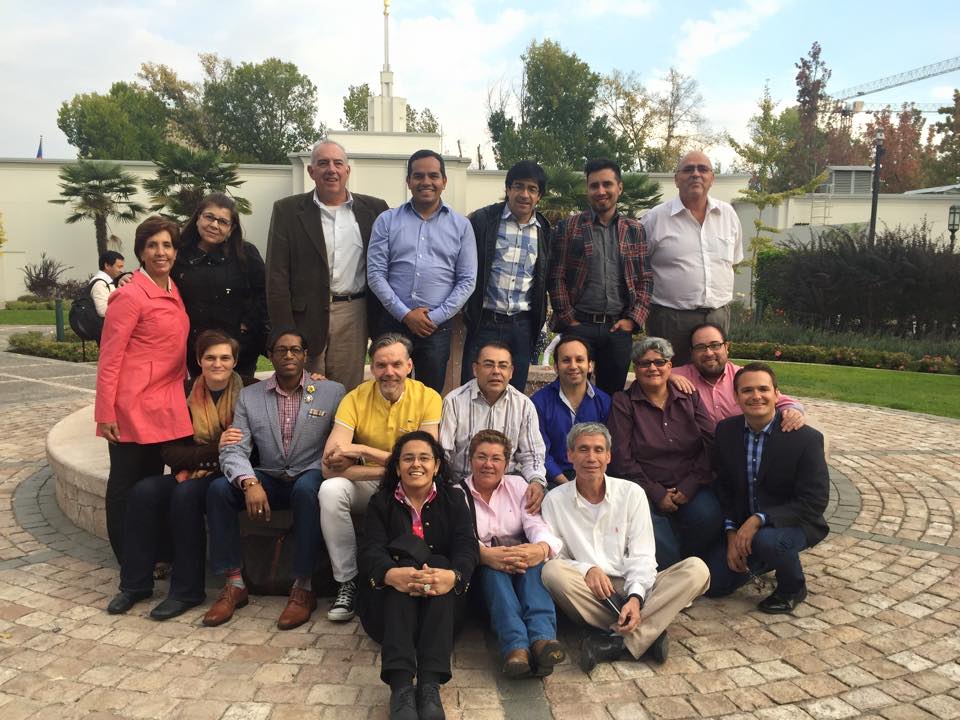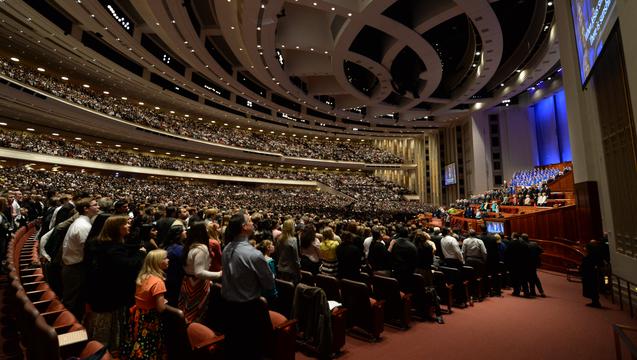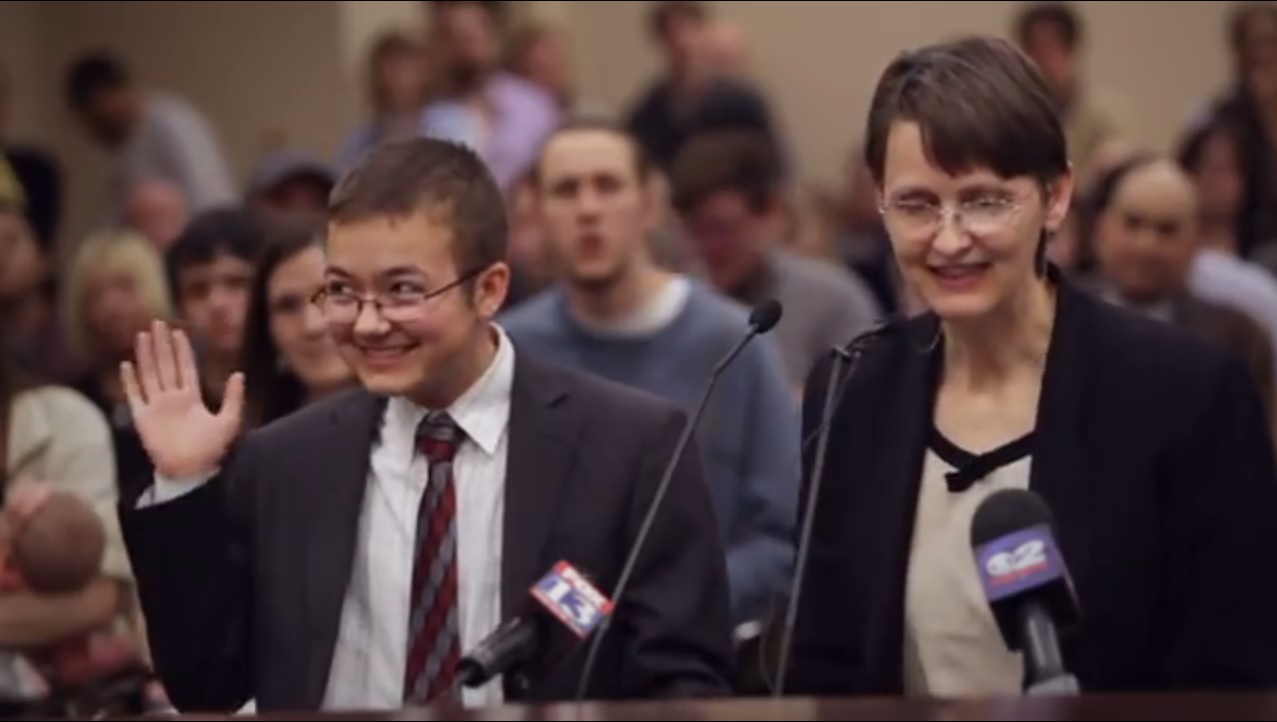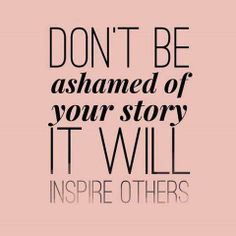Search Results: BYU
For decades, the book has been handed out “by well-meaning bishops,” Munson says, “but has caused a lot of pain on the part of LGBT Mormons, their families and allies.”
Kimball’s instruction that “if you pray hard enough, fast hard enough, and are a good enough Mormon, your sexual orientation will change or go away,” she says, “has caused incredible pain and has even cost lives.”
Hugh B. Brown got it right when he said, “We Mormons have been blessed with much knowledge by revelation from God which, in some part the world lacks. But there is incomprehensibly greater part of truth to be revealed. Revealed insights should leave us stricken with how little we really know. It should never lead to an emotional arrogance based upon a false assumption that we somehow have all the answers—that we in fact have a corner on truth. For we do not.”
By far, though, the most significant question we will face as a Church will be pastoral: how should we as a religious community treat our legally married gay members? Most people I know think that this is an easy question. The problem is, about half of them think it is easy in one direction while the rest think it is easy in the other. Actually, it is a very difficult question. But it is also an extremely important one, as it may determine the nature of our community for the next hundred years.
A year after getting divorced and not attending church, I auditioned for and got a role in the production of the San Francisco Broadway Tour of The Phantom of the Opera, and was invited by my LDS ward to return and present a musical fireside on a Sunday evening. As I prepared the songs I realized there was one particular piece that stood out in my mind as being far more personal than I’d previously realized. The song is called “Unusual Way” from the musical “Nine” in which I had the opportunity of playing the lead in a local production. Every word and every line, every phrase seems to echo my exact emotion and feeling about my sojourn through Mormonism.
Participants came with open hearts, right from the beginning sharing the most vulnerable elements of their journeys and their lives: their hopes, their pain and their questions, their skepticism and their faith. Read more here about the conferences held in South America this past month.
By Tom Christofferson
Some may have already decided that they no longer desire to participate; some may be taking an approach of listening on tenterhooks, dreading the moment when they have to grit their teeth, knowing that the longest addresses are only twenty minutes, most are fifteen or twelve. In order to listen, we need to free our minds and hearts of a focus on past challenges and wounds in order to enable ourselves to be fully present to hear and feel what will be said.
Para poder escuchar, debemos liberar nuestras mentes y corazones de un enfoque en retos pasados y heridas para poder ser capaces de estar presentes y escuchar y sentir lo que será dicho
I’d never been involved in political causes and had never been to a political rally in Utah. That changed after 2011 when my son Grayson discovered that he was FtM transgender. I was horrified to discover that it was still legal to discriminate against my child because of his gender identity, or against others because of their sexual orientation.
